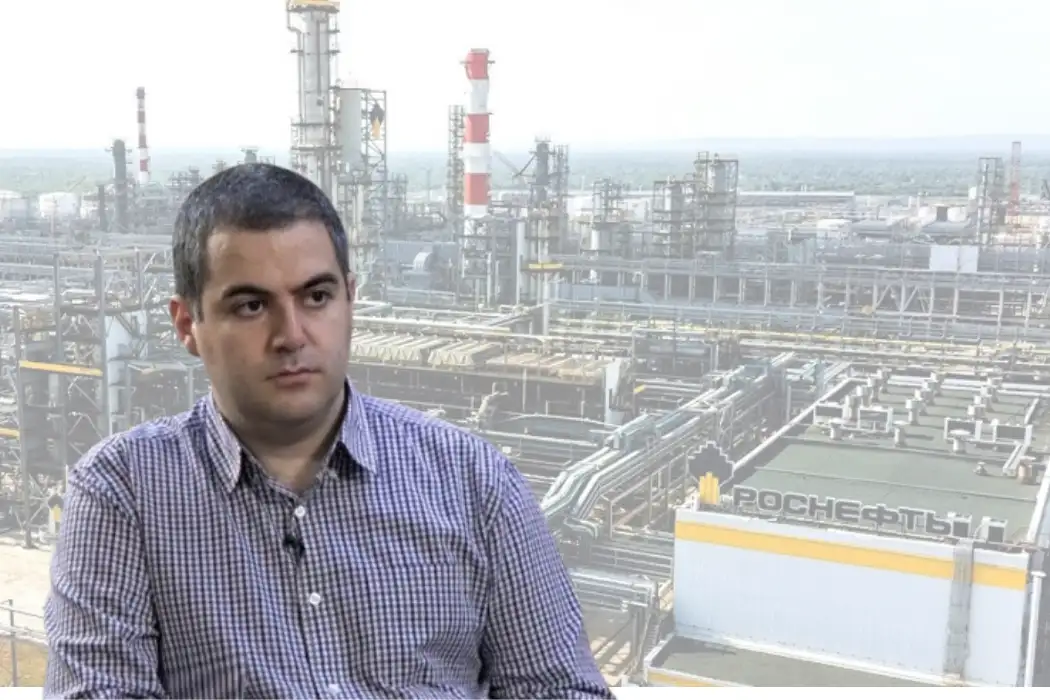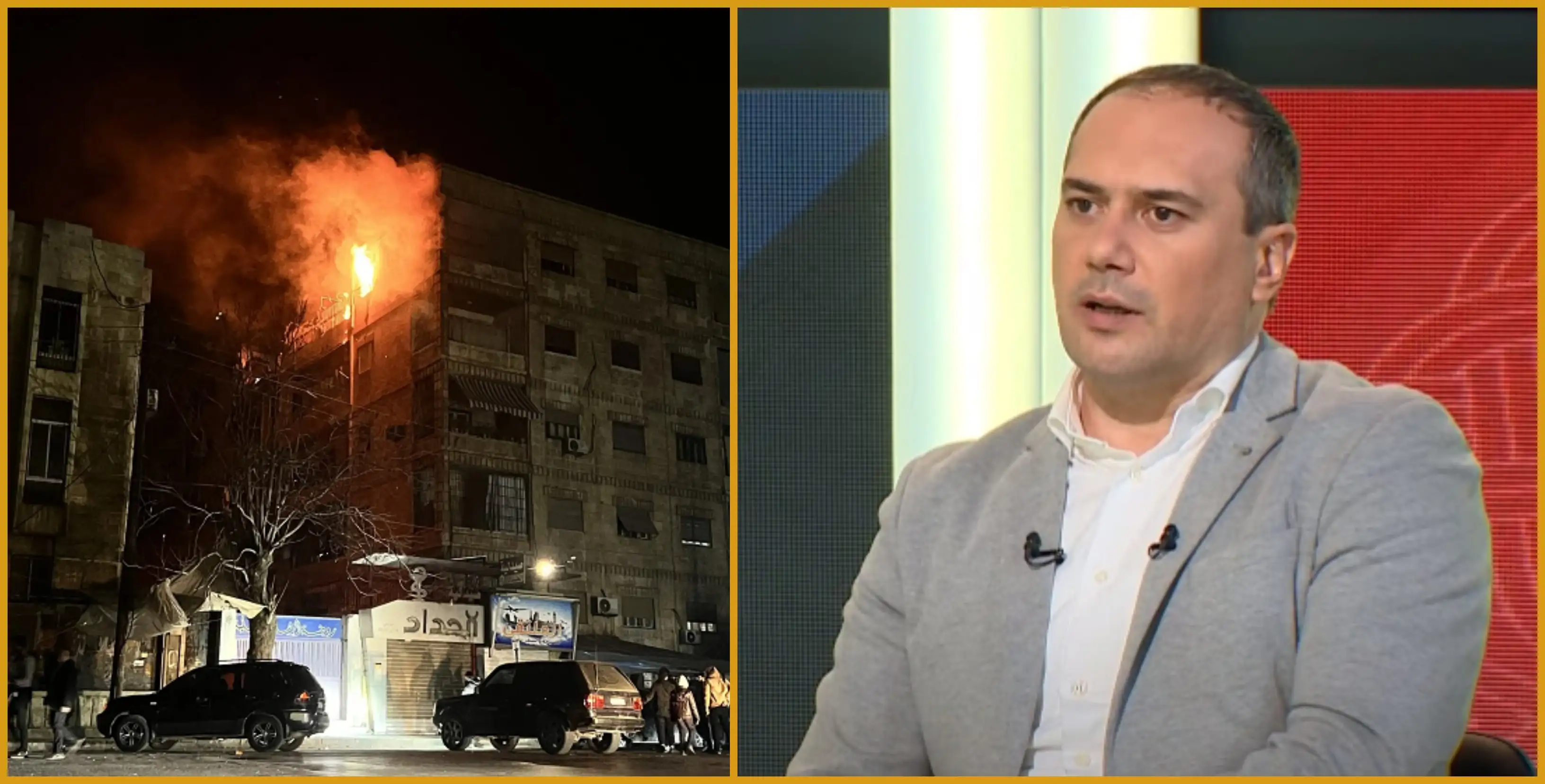Missile strikes on Russian oil refineries will accelerate inflation. Analysts at the Institute for the Study of War (ISW) note that military correspondents have already raised the issue, highlighting the poor performance of air defense and the consequences of the strikes, including a rise in gasoline prices that citizens are already feeling.
Radar Armenia spoke to economist Hrant Mikaelyan on the topic.
-According to the Institute for the Study of War, attacks on Russian oil refineries will accelerate inflation. What possible impact could it have on Armenia, considering that a significant part of the fuel imported to Armenia comes from Russia?
-There is a fuel shortage in Russia right now. If these attacks continue, at some point, exports may be blocked entirely, and Armenia may face a problem, but I think there will be no direct impact on Armenia.
-What alternative ways or strategic reserves can Armenia consider to mitigate such crises?
-In general, there is a need to create oil refineries in Armenia, in which case we can receive oil and produce oil products. Importing finished oil products is not a significant issue for Armenia. There is simply a question of prices. Armenia receives oil products from Russia at a more affordable price than it can obtain from other sources, mainly due to Russia's significant influence on Armenia's energy balance. Thus, this will not be compensated, prices will increase, but Armenia can import Arab oil products through Georgia.
-Gasoline prices at Yerevan gas stations have increased by 20-30 drams. Is this a consequence of the incident mentioned above? Will prices rise further?
-I can give several hypotheses, but I do not know the exact reasons—first, the general increase in oil prices. There is a tendency to increase, and secondly, there is a tendency to raise the price of Russian oil in particular, as it has created a situation where, due to sanctions, Russia began to sell to the whole world at a significant discount. However, as Russia emerged from sanctions and its impact on the country decreased, the informal discount began to decline, and it is now equal to 3-5% of the price, which is smaller. And, probably, it can also affect Armenia to some extent. This is a hypothesis, but in any case, world oil prices have increased and cannot help but affect prices in Armenia. The price of gasoline may increase.
Lilit Abrahamyan


















